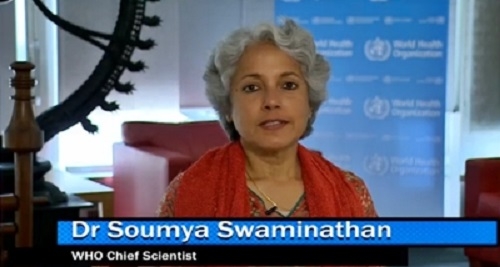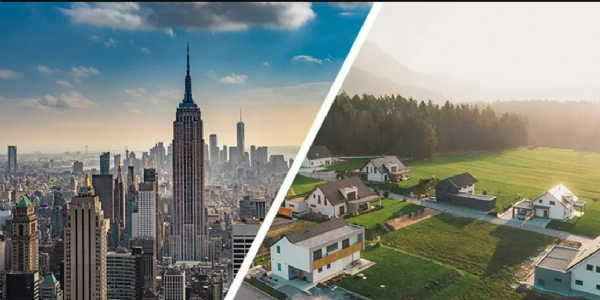Corona virus mutations not expected to alter vaccine efficacy, says WHO
Total Views | 41
New Delhi, June 13: World Health Organization Chief Scientist Dr Soumya Swaminathan has said that the Corona virus mutations are not expected to alter vaccine efficacy. During a live Q&A broadcast on WHO's social media pages yesterday, Dr Swaminathan said, the mutations have not shown to be in those regions of the virus, the spike protein, the receptor binding domain, that are going to alter the efficacy of a vaccine, so far.
Regarding how the Corona virus may differ across countries due to mutations, Dr Swaminathan said, the virus may be slightly different but it is not so different that the vaccine will not work. She added that it is also good to have vaccine trials in many different countries because there are different populations, different genetics, different risk factors and WHO would very much like to see the candidates that are being developed now being tested in many countries.

According to WHO, currently there are about 200 vaccine candidates in development around the world, with 10 in human trials - four in the United States, five in China and one in the United Kingdom and 126 in preclinical trials globally. It is in the last week that the WHO chief had said that the homeopathy medicine would not work as a preventive to the Coronavirus pandemic.
I was answering questions on the role of science, how guidelines are developed, process of clinical testing & trials, and when a #COVID19 vaccine can be realistically expected @MoHFW_INDIA @pallavabagla @sciencecohen @IAPartnership @ICMRDELHI @trevormundel @DBTIndia @davidnabarro https://t.co/gfuajcjkVV
— Soumya Swaminathan (@doctorsoumya) June 12, 2020
She said a second wave of infection is “a very real risk” as the virus is still present in the community. Extreme social distancing or lockdowns have so far helped blunt the transmission of the disease because people were kept apart. “Now, the moment you start having that mixing again, there’s every chance that the transmission could restart — unless it’s gone down to such a low level in a place where it’s very, very rare to have the infection in the community,” she said.
Despite numerous vaccines currently being developed, we would be 'very lucky' to have results from trials by the end of this year, and a vaccine available by the beginning of next year, she noted. After that, it would take another year or two for the mass production of billions of vaccine doses in order to inoculate enough of the world’s population to attain herd immunity, she explained. Herd immunity refers to the situation whereby sufficient people in a population have become immune to a disease, such that it effectively stops the disease from spreading. Swaminathan previously warned that it could take up to four or five years to get the coronavirus pandemic under control.
Bharati Web







